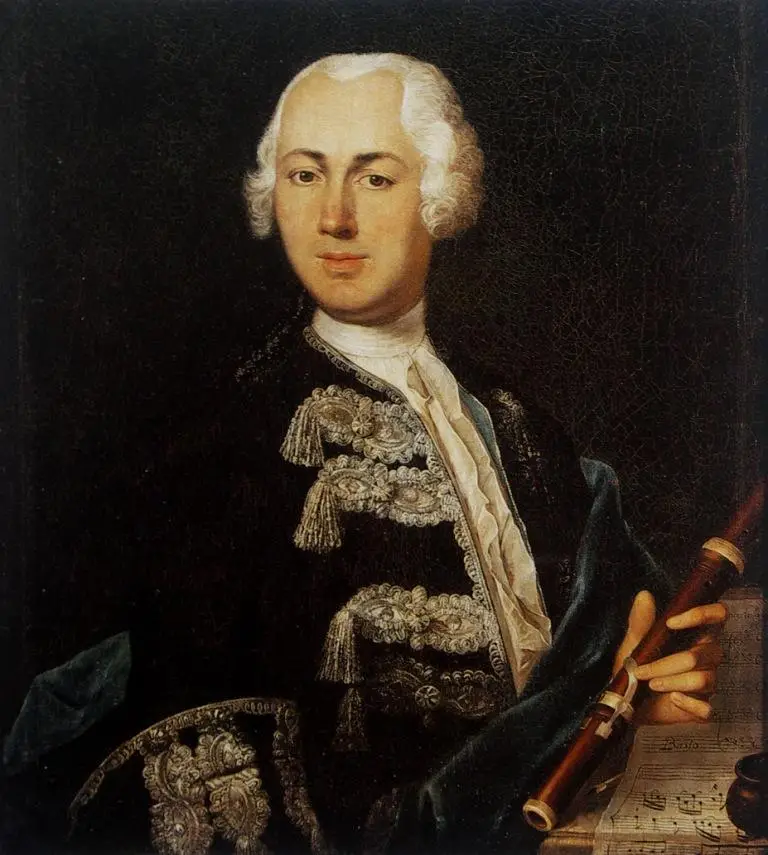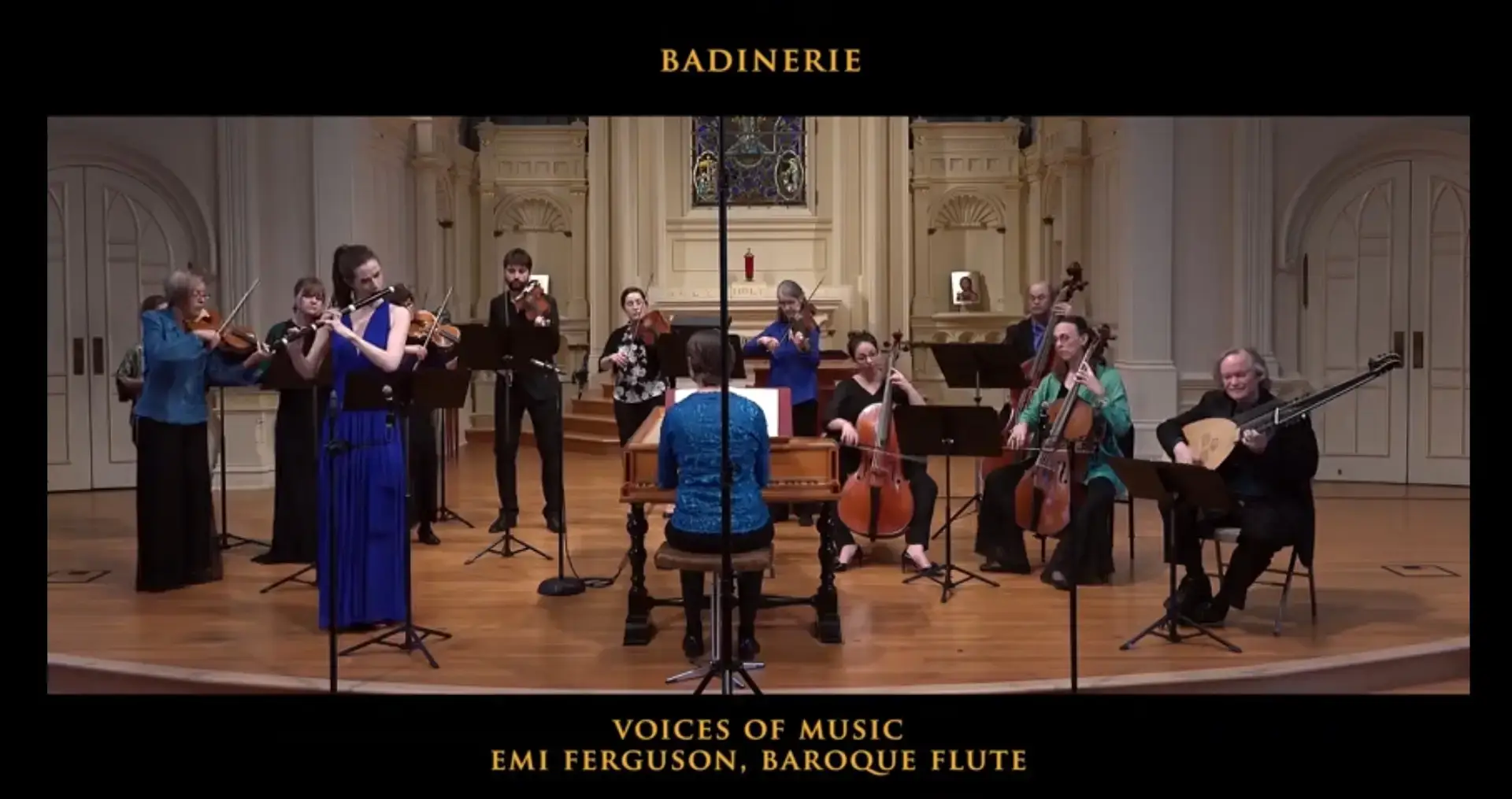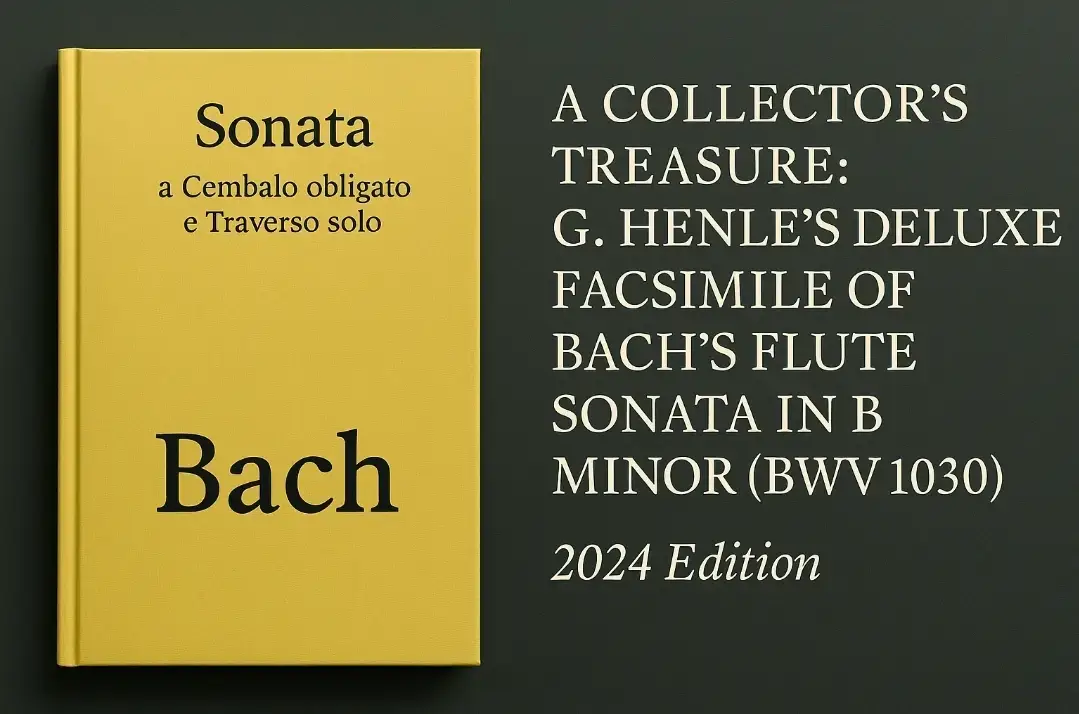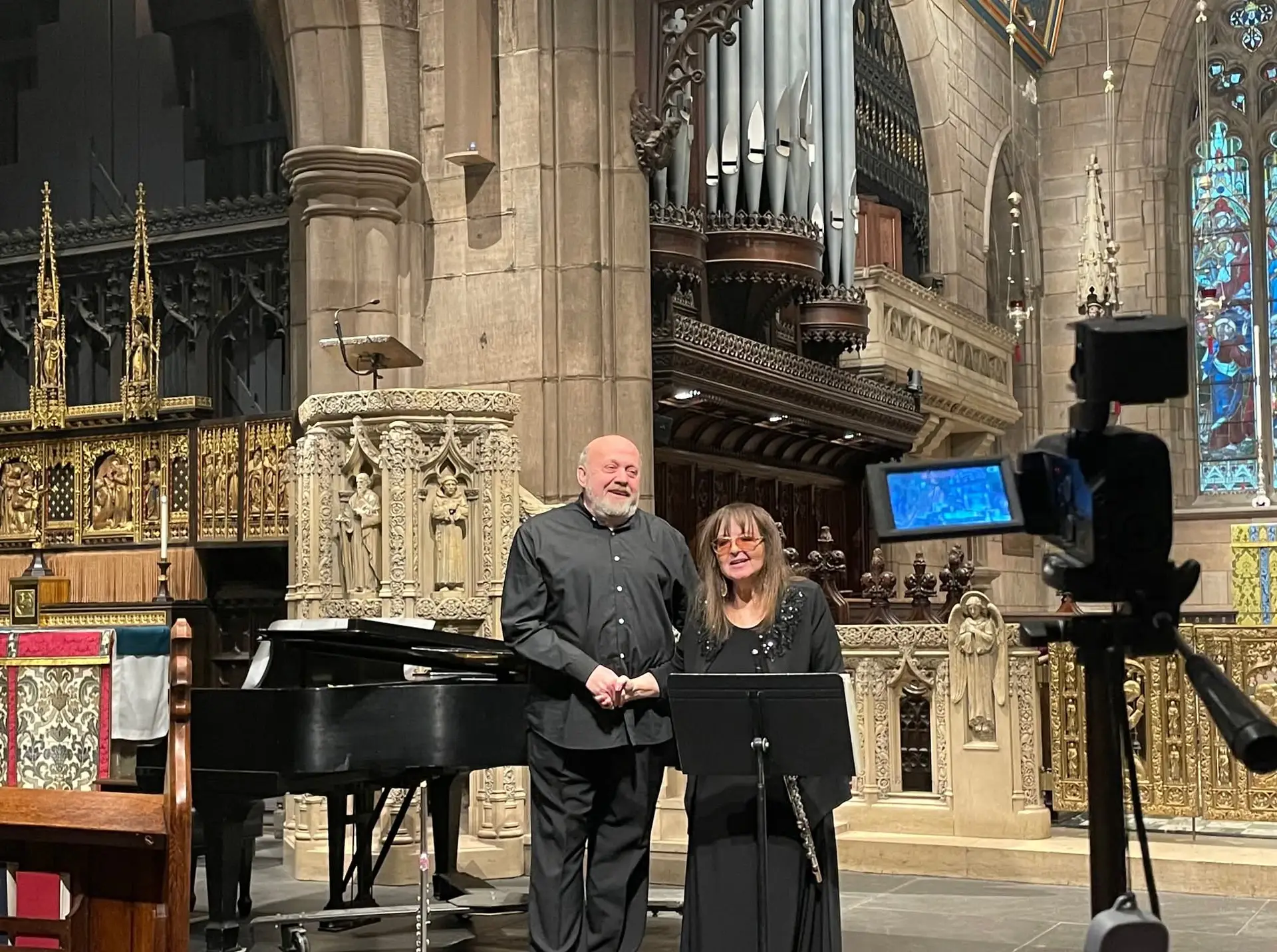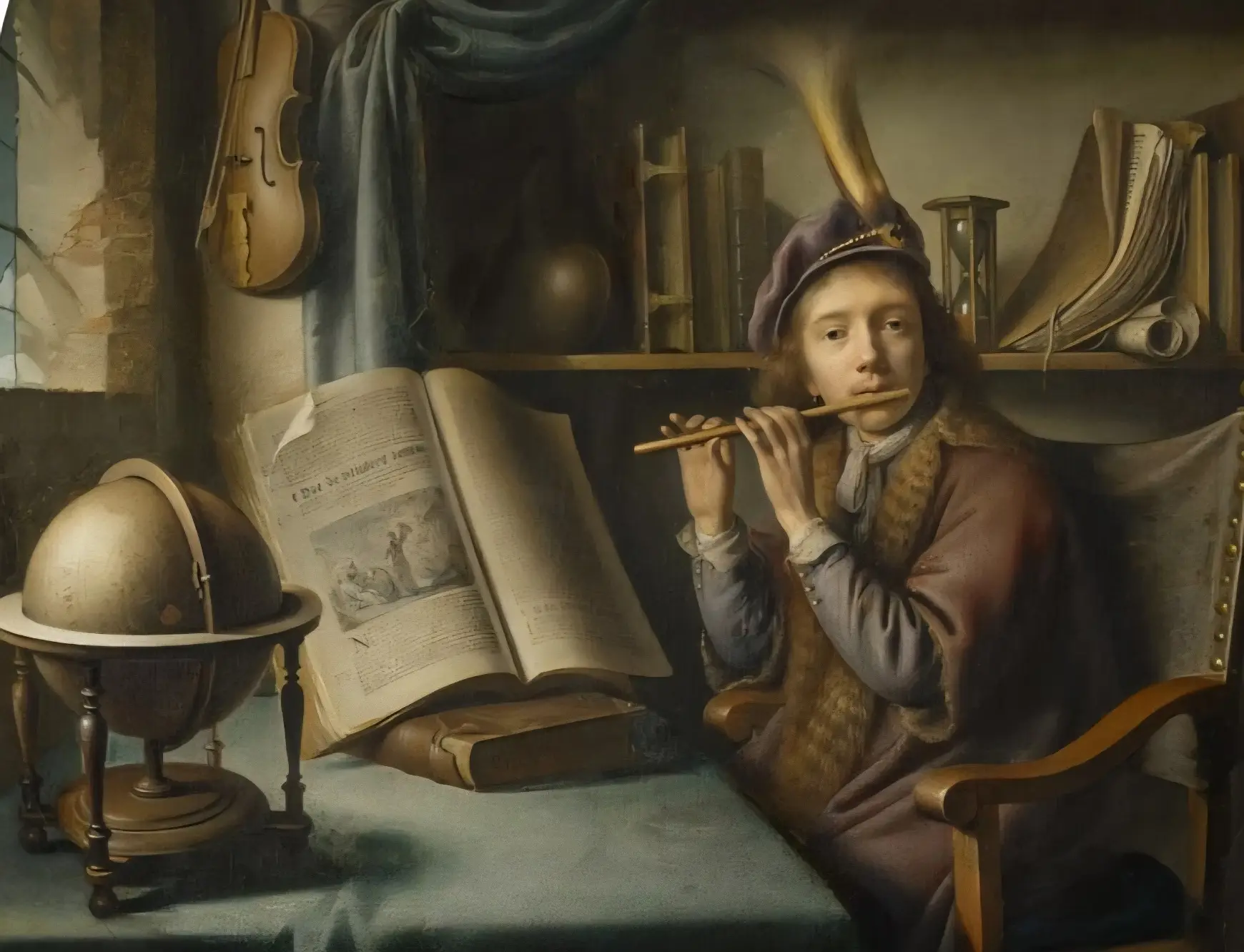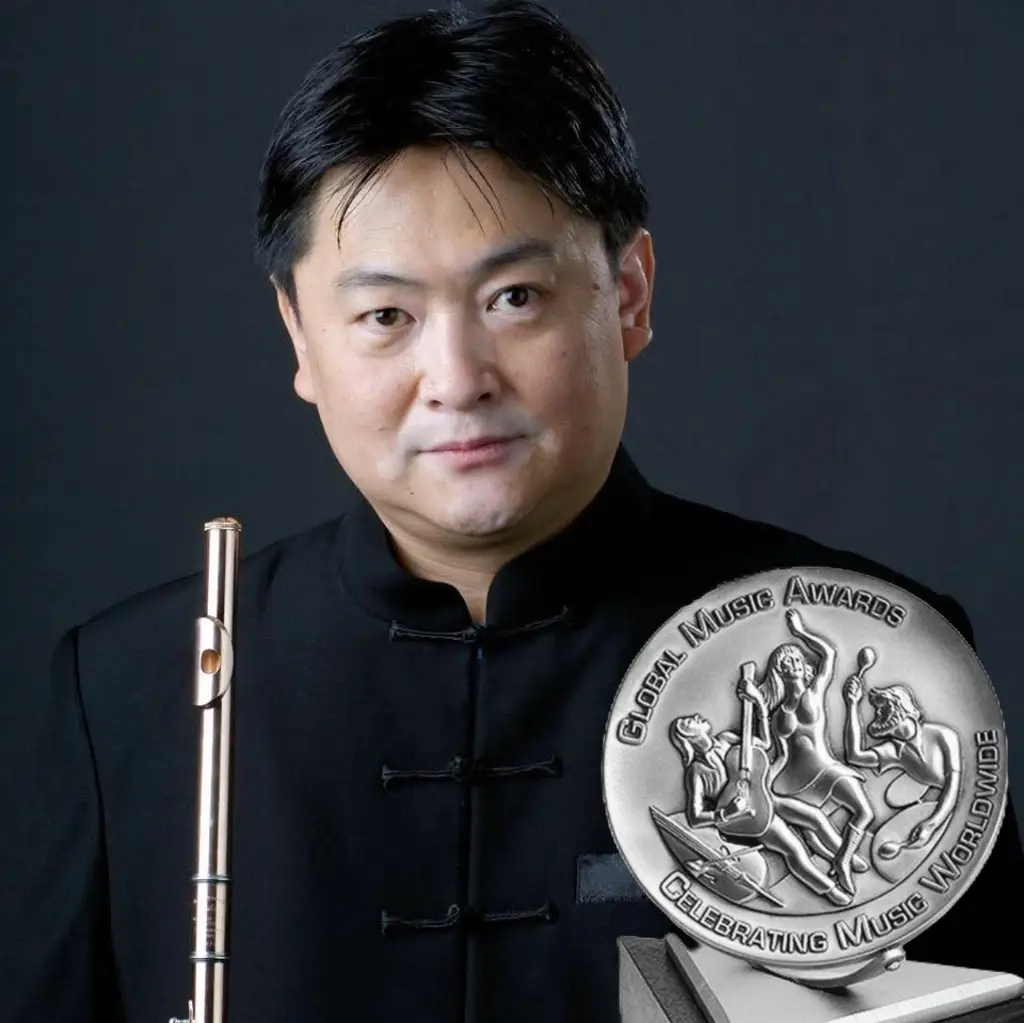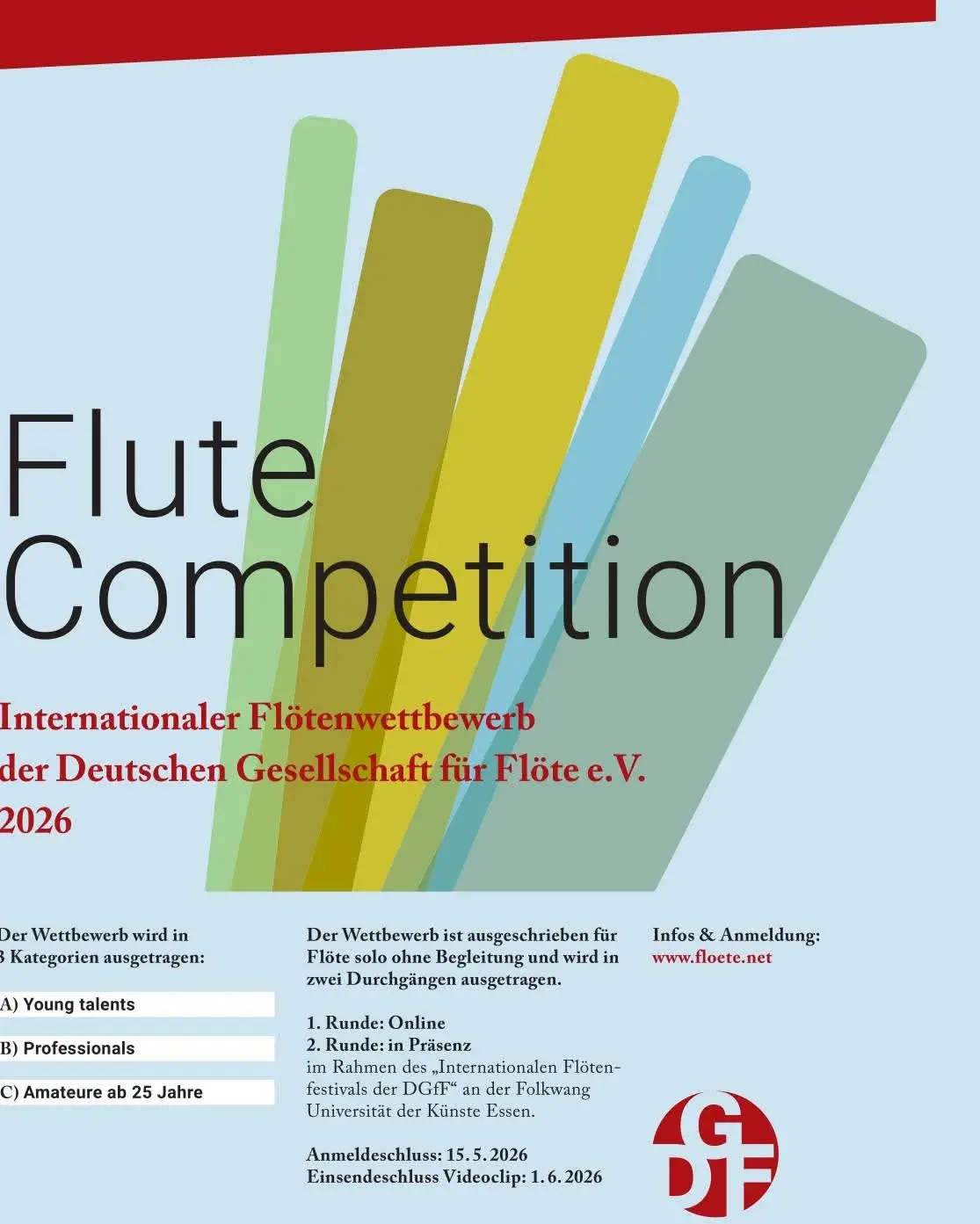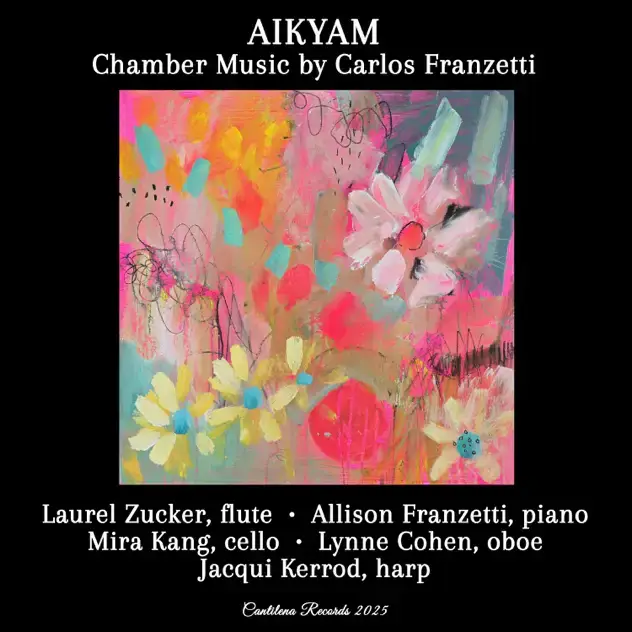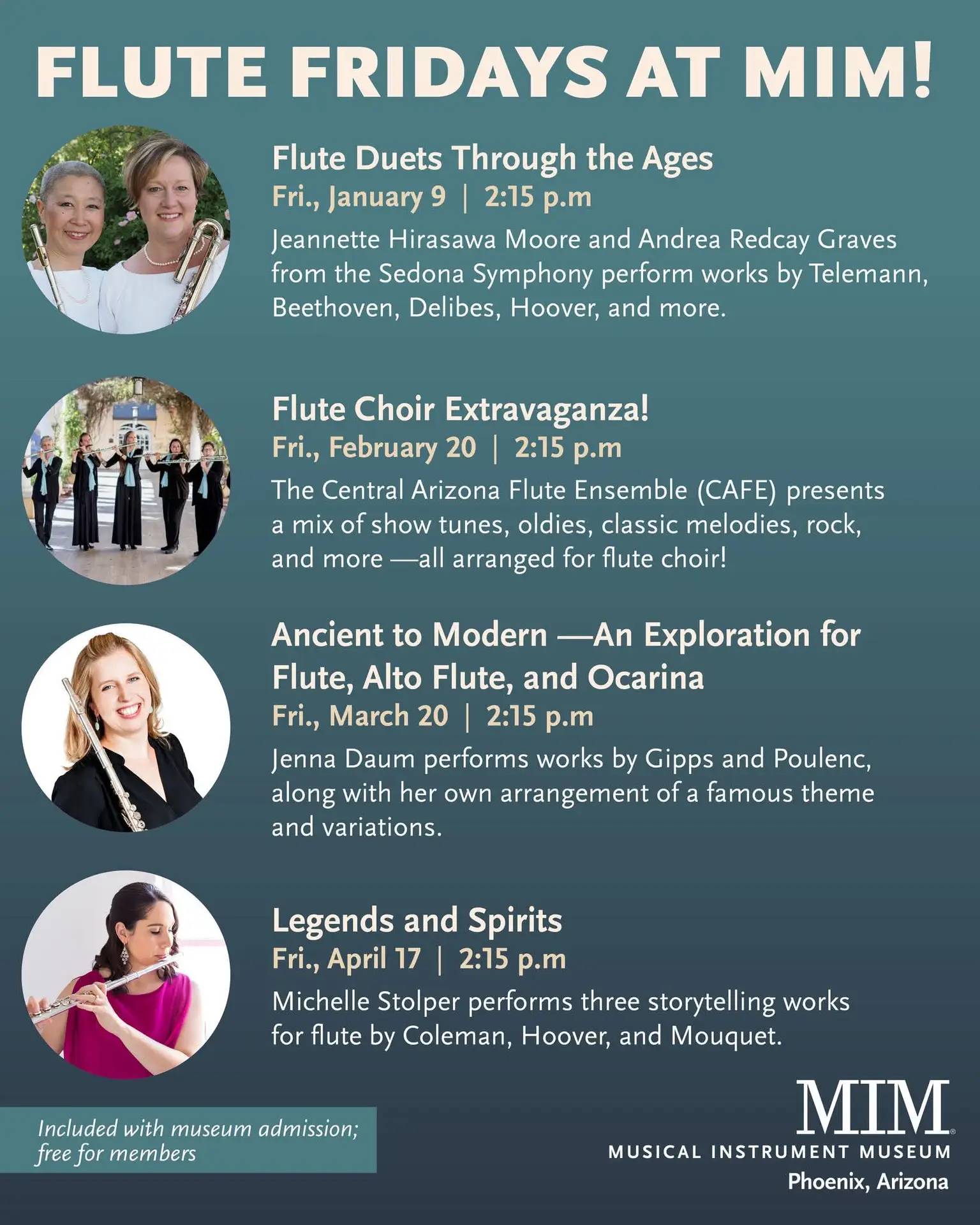TraversoPractice.net has introduced an exciting new feature that will be invaluable to performers and enthusiasts of French Baroque music. Created by Clément Lefèvre, this new glossary of French Baroque musical terms provides an essential resource for anyone looking to deepen their understanding of this rich and nuanced musical style.
French Baroque Music and Its Unique Language
French Baroque music, celebrated for its elegance and depth, is inextricably linked to the French language itself. Composers like Jean-Baptiste Lully and Jean-Philippe Rameau carefully crafted their music to mirror the natural accents and inflections of the language, ensuring that every word and phrase was both intelligible and expressive. The attention to linguistic detail extends even to the musical terms used in scores, which are often just as expressive and complex as the language itself.
In the French Baroque tradition, terms such as gracieusement or vivement do more than simply indicate tempo or dynamics—they convey the emotional mood and character of the music. Understanding these terms is crucial for performers who wish to authentically interpret the music of the period, as they guide not only the technical execution but also the emotional depth and expressiveness expected by composers of the time.
Key Elements of the Glossary
The glossary provides detailed explanations of commonly used French Baroque terms, offering performers and scholars a deeper insight into how these words shape musical interpretation.
Here’s how these terms can influence performance:
Articulation and Phrasing: Terms like gracieusement suggest smooth, flowing transitions between notes, while vivement indicates a lively, rhythmic articulation.
Dynamic Variation: Terms reflect the emotional content, guiding performers to adjust their dynamics to match the mood and affect conveyed in the score.
Historical Context: Many terms are rooted in the cultural values of the French aristocracy, making it essential to interpret the music within the societal and historical context in which it was composed.
By offering a clickable glossary with easy-to-navigate sections, TraversoPractice.net allows users to quickly access definitions and historical context for each term. This tool empowers musicians to bring out the distinctive elegance and emotional complexity that characterize French Baroque music.
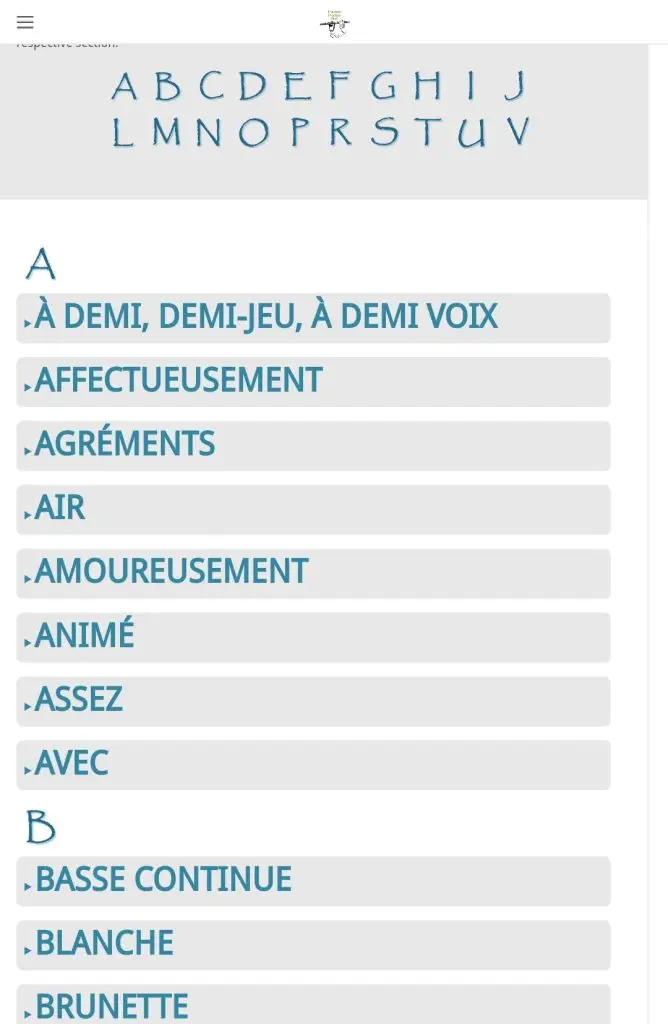
About Clément Lefèvre
Clément Lefèvre is a French flutist specializing in Baroque, Renaissance, and Classical flute. He also has a keen interest in medieval counterpoint. Lefèvre regularly performs in concerts and premieres modern revivals of works discovered through the musicological research of the Centre de Musique Baroque de Versailles. He has performed with numerous internationally acclaimed orchestras and has contributed to over twenty recordings. Lefèvre is a graduate of both the Conservatoire de Paris (CNSMDP) and the Conservatoire de Versailles.
About TraversoPractice.net and Its Creator
TraversoPractice.net, created by Francesco Belfiore, is an exceptional platform dedicated to historical flute performance. It offers a wide range of resources for flutists interested in Baroque and Classical repertoire, providing expert guidance and educational tools for enhancing historical performance practice. Belfiore, a passionate traverso expert, continues to enrich the platform with contributions like this glossary, helping musicians worldwide explore and refine their understanding of period music.


